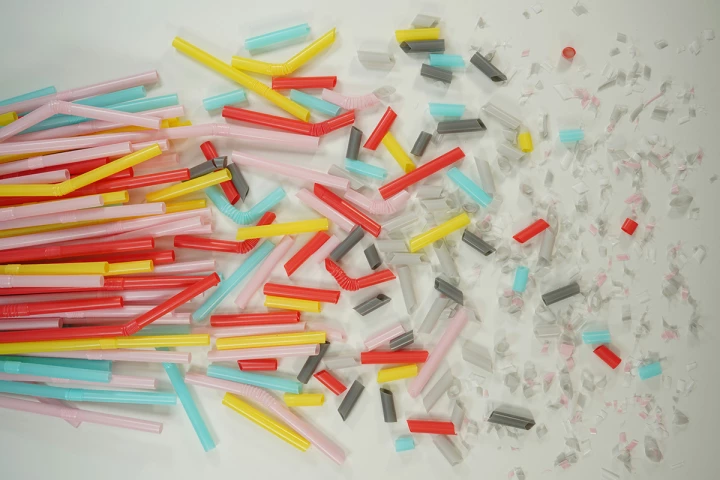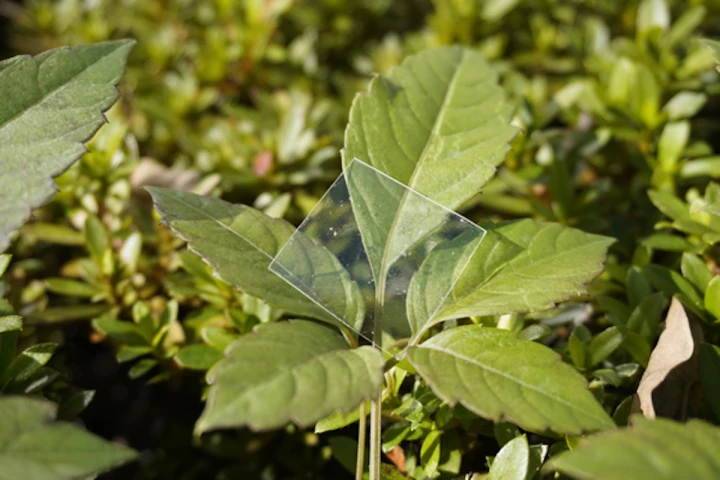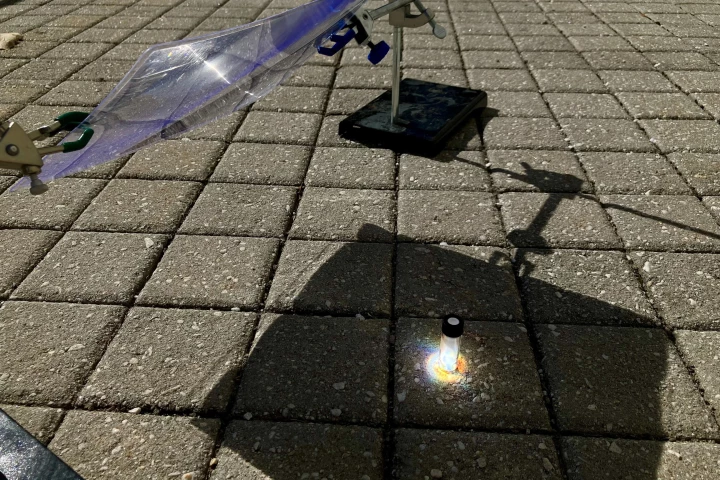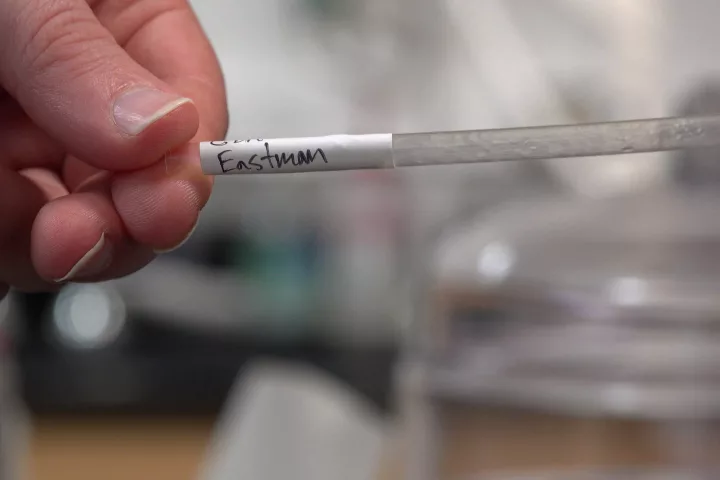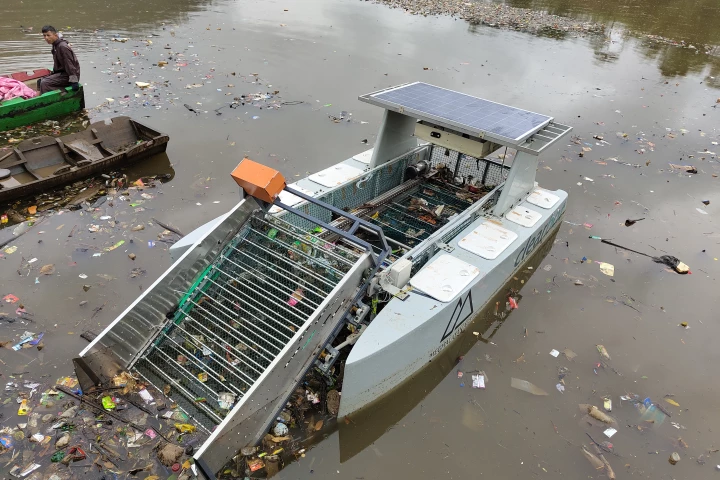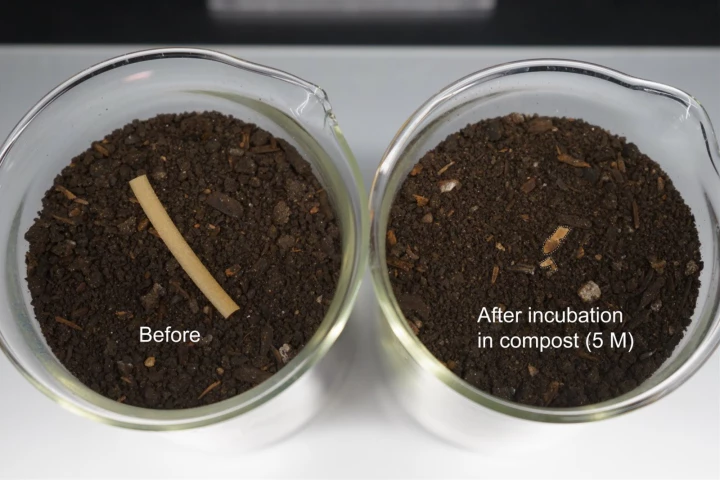Plastic waste
-
Research out of France has revealed that we're probably harming our lungs without knowing it. Every day, we're inhaling tiny bits of plastic smaller than a speck of dust without even leaving the house – that's 100x more than previously estimated.
-
Twenty-one-year-old backyard scientist Julian Brown nukes plastic trash in a homemade microwave pyrolysis reactor, turning bags and bottles into a chunky sludge he refines into a gasoline alternative he calls "plastoline."
-
Scientists at RIKEN in Japan have developed a new type of plastic that’s just as stable in everyday use as regular plastic, but dissolves quickly in saltwater, leaving behind only safe compounds.
-
By now, you've no doubt heard that modern living is filling our bodies with microplastics. But an alarming study now shows just how much of the non-degradable particles are in our brains, and how much higher they are in dementia patients.
-
Many objects are made of black plastic, which has so far proven to be very hard to recycle. US scientists have devised a new method of recycling black polystyrene, however, using sunlight and an ingredient that's already present in the plastic.
-
Researchers have spent the last few years trying to find which type of plastic biodegrades the fastest. It turns out that a common plastic we've been using for over 100 years does, and they've learned how to accelerate that process.
-
Black plastics pose an ID problem for sorting machines at recycling facilities, as the sensors can't see them. Canon has developed a system that users lasers and tracking tech to identify and sort plastic trash on the conveyor belt, no matter its color.
-
Marine plastic waste is a huge problem, but the Ocean Cleanup has been taking a bite out of floating trash in oceans and rivers for the last few years. Now Coldplay is about to use some of that waste for a limited edition of its forthcoming album.
-
Clear Robotics is expanding its fleet of autonomous marine trash collectors. Its Class 3 vessel boasts more onboard storage capacity plus towed barge potential for extended cleanup operations, and has also been designed to tackle invasive weeds.
-
That we have a huge plastic waste problem is clear, but there are numerous efforts to stem the tide while also cleaning up the mess. Nature is also joining the battle, and scientists have now identified a marine fungus at the plastic-devouring front line.
-
A new biodegradable plastic embedded with spores of plastic-eating bacteria manages to break down 90% of the material after five months in landfill. Weirdly, this actually made the plastic tougher and stronger during use.
-
Back in 2022, the strange-looking prototype igus:bike rolled into the spotlight boasting an angular frame, funky wheels and even bearings made using recycled plastic. Now the newly-named RCYL bike is riding into production.
Load More
